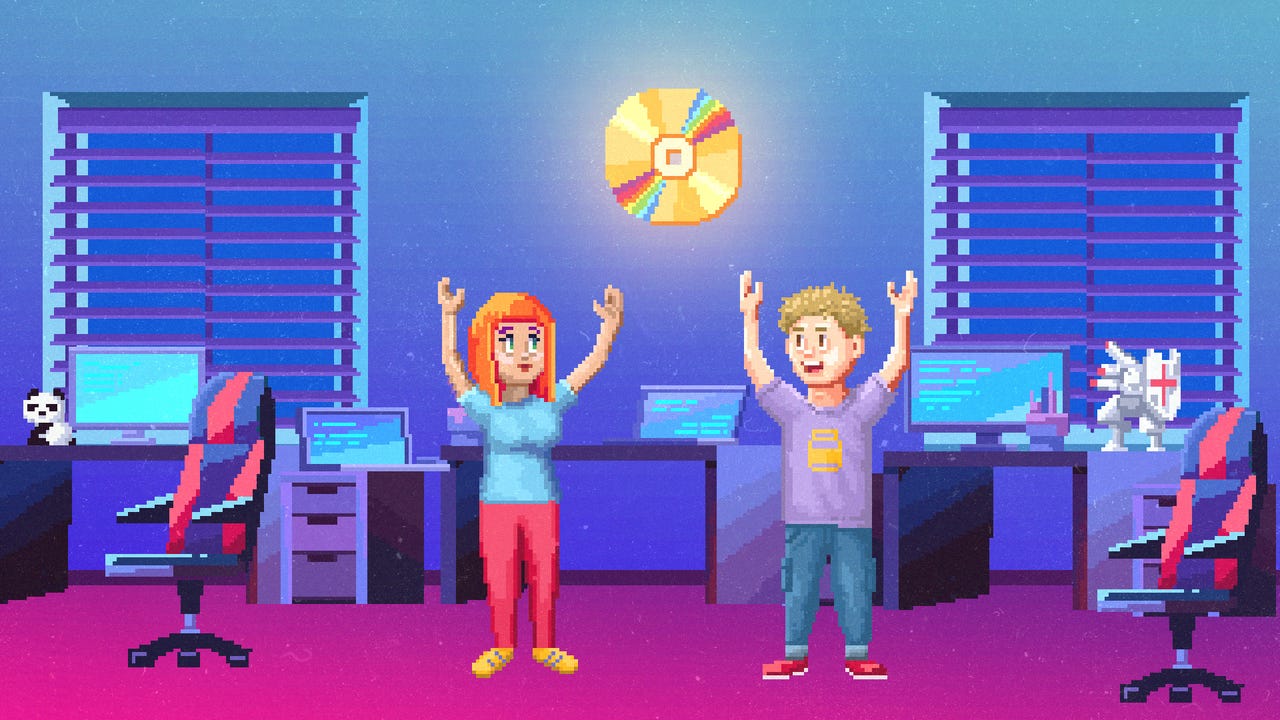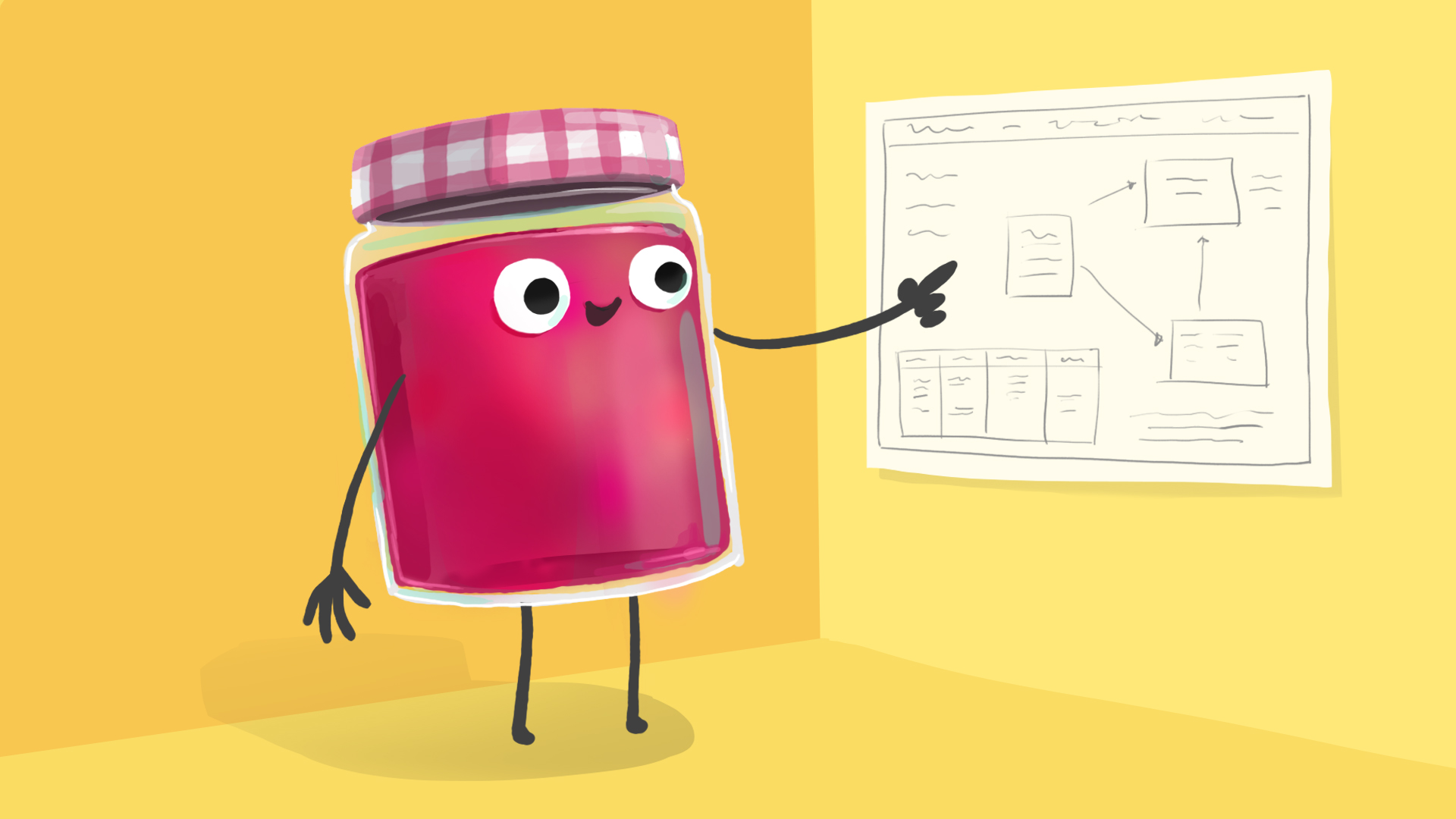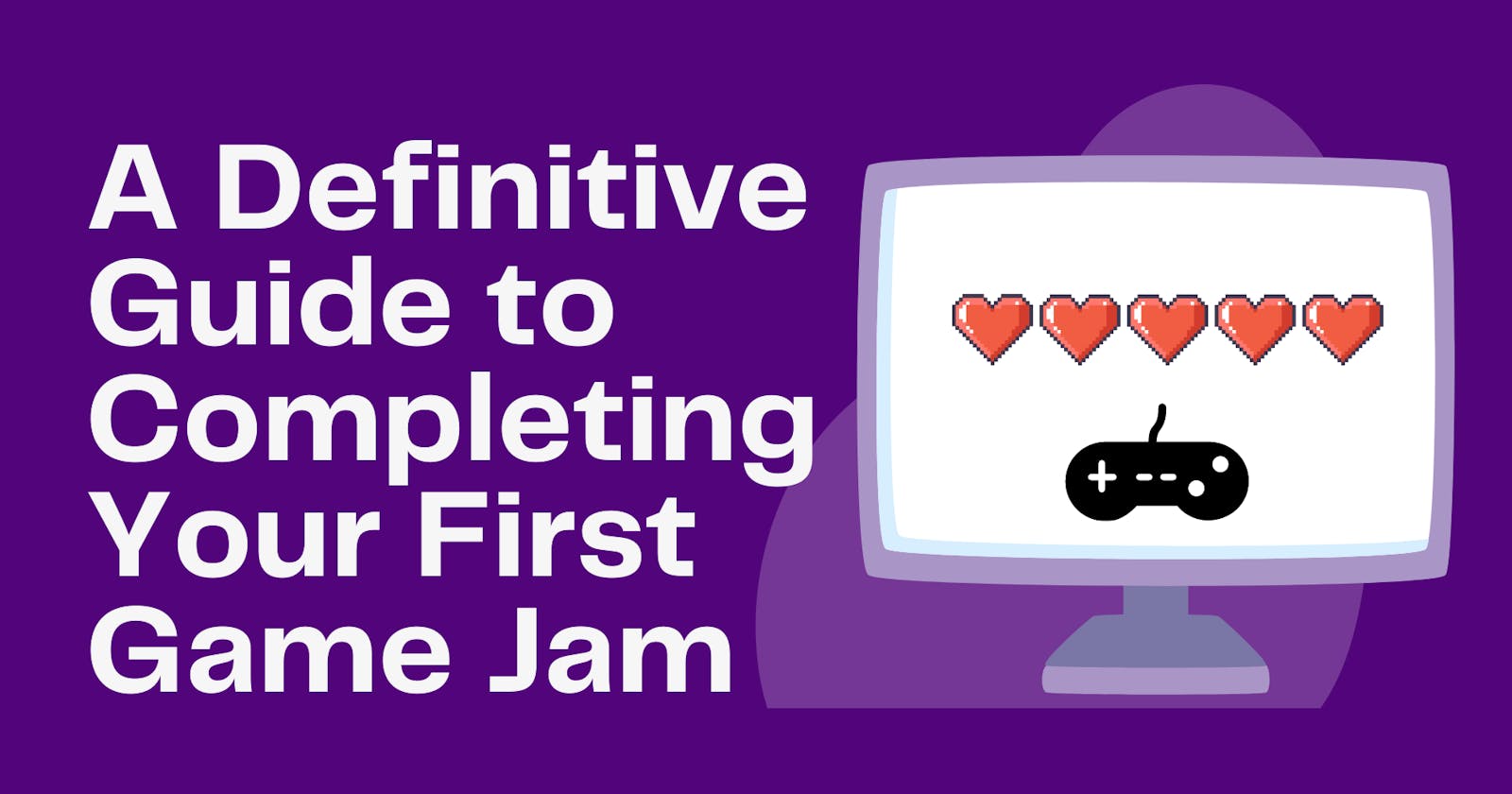Overview of Game Jams
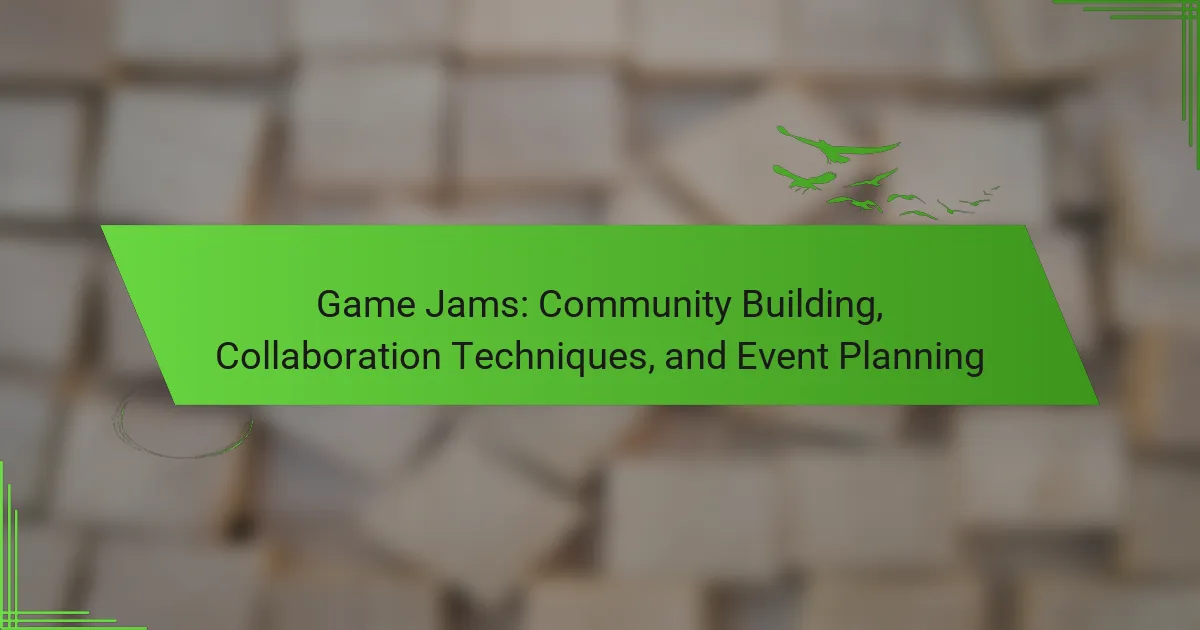
Game jams are intensive events where participants create games from scratch within a short timeframe, typically between 24 and 72 hours[4]. These events bring together developers, artists, and enthusiasts who work under a common theme to prototype creative ideas rapidly[1]. Both digital and analog game jams exist, allowing for a wide range of formats, objectives, and collaborative experiences[4].
Accelerating Innovation and Skill Growth

The tight time constraints in game jams force participants to focus on core mechanics and to innovate with limited resources[1]. This constrained environment serves as a boot camp that pushes developers to iterate quickly and sharpen technical abilities as well as communication and planning skills[5]. Adhering to principles such as ‘Keep It Simple' helps teams to maintain focus on essential elements, which in turn accelerates problem solving and fosters creative breakthroughs[3].
Diverse Jam Formats and Success Stories
Game jams are held in a variety of formats including themed events, remote and hybrid jams, which make these gatherings accessible to a global community[4]. Several success stories have emerged from these events; for instance, prototypes developed during game jams have evolved into commercially successful games like Surgeon Simulator and Baba Is You[4]. Likewise, the Global Game Jam at Wrexham University demonstrated how students could create innovative projects with educational and sustainability themes, further illustrating the real-world impact of these events[9].
Fostering Professional Networking and Community Building
Game jams are not only about rapid game development; they also create opportunities for professional networking and community building by bringing together individuals from different backgrounds[1]. Participants exchange ideas, collaborate on projects, and often form lasting relationships that extend well beyond the event itself[5]. This inclusive environment benefits both newcomers and industry veterans, helping to broaden professional networks and spur future collaborations[9].
Practical Tips for First-Timers
For beginners, game jams provide a low-pressure environment to experiment and learn without the need for a polished final product[6]. It is recommended that first-timers prepare their tools and software in advance, familiarize themselves with collaboration platforms such as GitHub, and set clear, realistic goals before the event begins[3]. Keeping the project scope small is vital, as it allows teams to focus on the core gameplay mechanics rather than getting overwhelmed by complex features[10]. Additionally, beginners should remember to manage their time well, take regular breaks, and prioritize functional prototypes to ensure the experience is both educational and enjoyable[10].
Conclusion
Overall, game jams serve as a powerful catalyst for innovation by challenging participants to produce creative and functioning prototypes within a short period[5]. They foster professional networking, enhance community engagement, and provide significant opportunities for skill development. Whether you are a seasoned developer or a newcomer, participating in a game jam can offer invaluable experiences that translate into long-term professional growth and creative success[1].
Get more accurate answers with Super Pandi, upload files, personalized discovery feed, save searches and contribute to the PandiPedia.
Let's look at alternatives:
- Modify the query.
- Start a new thread.
- Remove sources (if manually added).
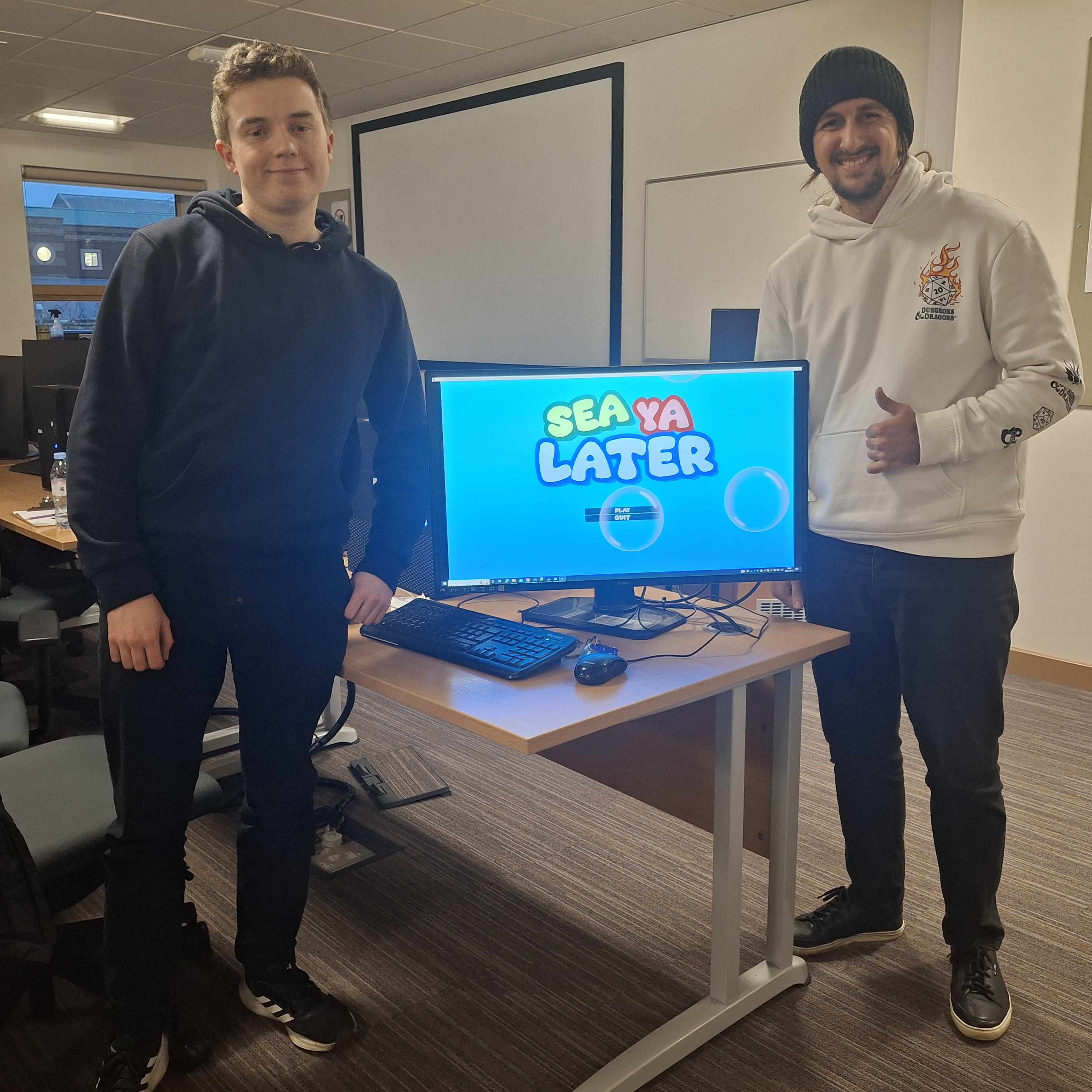
:no_upscale()/https://cdn.b2match.com/uploads/Cover_Innovations_in_Event_Networking_What_Lies_Ahead_0d19777147/Cover_Innovations_in_Event_Networking_What_Lies_Ahead_0d19777147.jpg)
